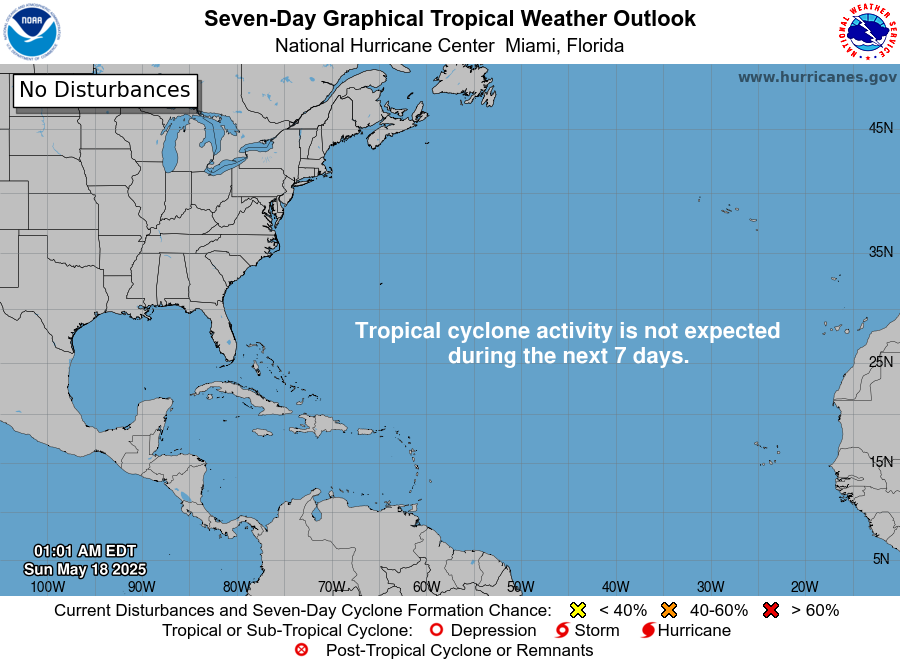El Niño May Make A Comeback By The End Of 2018
[Source : https://www.pmel.noaa.gov/elnino/status]
The El Niño/Southern Oscillation (ENSO) is a naturally occurring phenomenon involving fluctuating ocean surface temperatures in the equatorial Pacific, coupled with changes in the overlying atmospheric circulation. It has a major influence on weather patterns over many parts of the world.
Most of the weather signs highlight a switch from La Nina to the forecast El Nino climate pattern and despite a 70% chance of an El Nino developing by the end of this year, its intensity is currently uncertain, and a strong event appears unlikely according to the latest update from the World Meteorological Organization (WMO). The last El Nino-induced drought from 2014-2016 led to 40 million people requiring food assistance across southern Africa. Madagascar and Zimbabwe were among some of the worst hit countries. WMO also stated that although the anticipated El Nino will not be as powerful as the last one, it will still have considerable impacts. For the first time, the WMO coupled the El Nino update with a global seasonal climate outlook for the September-November period; the forecast predicts the sea surface temperature to be above normal in several areas including Africa.
Usually, El Nino events occur every five-seven years but the recurrence of this coming event is so close to the previous one which may suggest the impact of climate change. The La Nina event that started at the beginning of the year was very weak and its cooling effect was not enough to reduce the overall warming trend, which implies that late 2018-mid 2019 would be the warmest on record globally.
As the end of the rainy season approaches, so far, the six major dams in Cape Town are now 90% full. If an El Niño event does occur, it will mean that South Africa’s already swelteringly hot summers will become even hotter, which could eventually affect the water resources that have been building up during the winter rainy season.
To learn more about other climate-related stories occurring across Africa, be sure to click here!
© 2018 Oceanographer Daneeja Mawren”
AlabamaWX is pleased to partner with the Global Weather and Climate Center team for outstanding posts about our atmosphere. Visit them at https://www.globalweatherclimatecenter.com for more great information!
Category: Partner News Stories



















